
A few years ago, I had no desire to be part of a book club. Even though I love reading, I never wanted to feel obligated to read a certain book. (Years of obligation while earning my English degree might have something to do with that.) But when the opportunity arose to get involved in one of my school’s book clubs, I was surprisingly excited about it. Now the book club I’m in is one of my favorite things. I even started another one at a different site. I look forward to each meeting and have grown to love discussing all kinds of different books with my fellow readers. One of my book clubs had its first meeting last Wednesday, and it was wonderful to be back in a room with people excited about books.
If you’re in a book club, you know choosing a book for a group can sometimes be challenging. Today, I’m sharing 30 titles that would make fantastic picks; 20 are fiction, and 10 are nonfiction. This list has something for everyone, whether you’re looking for a book to discuss with your club or want something to enjoy on your own. Let’s get started!
Summaries are from NoveList.
Fiction
All Fours by Miranda July: Ditching her California life for the open road, a restless, semi-famous artist leaves her husband, child and career and reinvents herself in a motel room, embarking on a journey of self-discovery and what it means to be alive and free.
Why I chose this book: One of the most important things about book club picks is knowing a book will lead to conversation. All Fours is an entertaining but explicit book, so it won’t work for every club. That said, even though I have very complicated feelings about this novel, I can’t deny that it would get people talking.
Americanah by Chimamanda Ngozi Adichie: Separated by respective ambitions after falling in love in occupied Nigeria, beautiful Ifemelu experiences triumph and defeat in America while exploring new concepts of race, while Obinze endures an undocumented status in London until the pair is reunited in their homeland 15 years later, where they face the toughest decisions of their lives.
Why I chose this book: Americanah raises important questions about race and belonging, but it’s also a beautiful love story at its core. Adichie’s writing is wonderful and will provoke some interesting conversations.
The Appeal by Janice Hallett: When the cast of a local theater group raises money for an experimental treatment for the director’s granddaughter, who has a rare form of cancer, one member raises her concerns, creating tensions within the community, which leads to murder.
Why I chose this book: This is an epistolary novel written in emails, text messages, and notes. It’s a fun page-turner and keeps readers guessing. The large cast of characters keeps the story exciting.
Bluebird, Bluebird by Attica Locke: In a rural East Texas town of fewer than 200 people, the body of an African American lawyer from Chicago is found in a bayou, followed several days later by that of a local white woman. What’s going on? African American Texas Ranger Darren Mathews hopes to find out, which means talking to relatives of the deceased, including the woman’s white supremacist husband — and Mathews soon discovers things are more complex than they seem.
Why I chose this book: I love a good mystery novel, and this book delivers an unputdownable story featuring a vibrant protagonist. I’ve recommended it to several friends, and it’s been a hit each time.
Bright Young Women by Jessica Knoll: A shocking thriller inspired by the real-life sorority and target of America's first celebrity serial killer.
Why I chose this book: It’s a fast-paced, exciting novel, but knowing the plot is based on actual events makes the story feel extra heavy and important.
Commonwealth by Ann Patchett: A five-decade saga tracing the impact of an act of infidelity on the parents and children of two Southern California families traces their shared summers in Virginia and the disillusionment that shapes their lasting bond.
Why I chose this book: Commonwealth is engrossing from beginning to end. We can all relate to complex families and how they hold each other’s secrets. Patchett writes families so well and is one of the reasons I’ve come to love complicated familial dramas.
Crossroads by Jonathan Franzen: It’s December 23, 1971, and heavy weather is forecast for Chicago. Russ Hildebrandt, the associate pastor of a liberal suburban church, is on the brink of breaking free of a marriage he finds joyless―unless his wife, Marion, who has her own secret life, beats him to it. Their eldest child, Clem, is coming home from college on fire with moral absolutism, having taken an action that will shatter his father. Clem’s sister, Becky, long the social queen of her high-school class, has sharply veered into the counterculture, while their brilliant younger brother Perry, who’s been selling drugs to seventh graders, has resolved to be a better person. Each of the Hildebrandts seeks a freedom that each of the others threatens to complicate.
Why I chose this book: Crossroads is long, so this book is only for the most dedicated book clubbers, but Franzen has given us so much great stuff to discuss, thanks to the oh-so-complicated Hildebrandt family and the complex situations they end up in.
Happiness Falls by Angie Kim: Mia isn't initially concerned when her family fails to return from a walk, until her mute brother Eugene, who suffers from a rare genetic condition, returns bloody and alone and is unable to describe what happened to their father.
Why I chose this book: I never knew where this story was headed. It kept me turning the pages as I became more and more invested in the family at the heart of this well-written mystery.
Homegoing by Yaa Gyasi: Two half-sisters, unknown to each other, are born into different villages in 18th-century Ghana and experience profoundly different lives and legacies throughout subsequent generations marked by wealth, slavery, war, coal mining, the Great Migration and the realities of 20th-century Harlem.
Why I chose this book: Homegoing is one of the most important books written in recent years. It’s incredible how much story and characterization Yaa Gyasi fits into 320 pages. The fact that this is a debut novel continually blows my mind.
If Beale Street Could Talk by James Baldwin: When a pregnant Tish’s boyfriend Fonny, a sculptor, is wrongfully jailed for the rape of a Puerto Rican woman, their families unite to prove the charge false.
Why I chose this book: Baldwin is a genius whose skill is on full display in this classic. Though it was published in 1974, Beale Street’s look at the American justice system is as important as ever.
In the Woods by Tana French: Twenty years after witnessing the violent disappearances of two companions from their small Dublin suburb, detective Rob Ryan investigates a chillingly similar murder that takes place in the same wooded area, a case that forces him to piece together his traumatic memories.
Why I chose this book: In the Woods is the mystery novel to which I compare all others. The writing, characters, and moody setting are utter perfection. It makes for a great fall read.
Klara and the Sun by Kazuo Ishiguro: Waiting to be chosen by a customer, an Artificial Friend programmed with high perception observes the activities of shoppers while exploring fundamental questions about what it means to love.
Why I chose this book: Even the sci-fi haters will like this thought-provoking story about a future that seems all too possible. I was shocked by how much I loved this novel.
Malibu Rising by Taylor Jenkins Reid: Four famous siblings throw an epic end-of-summer party that goes dangerously out of control as secrets and loves that shaped this family’s generations come to light, changing their lives forever.
Why I chose this book: Malibu Rising looks like a breezy beach read if you judge it by the cover, but Taylor Jenkins Reid delivers a powerful story about a family whose famous father left tragedy in his wake. I read this in one sitting.
Margo’s Got Money Troubles by Rufi Thorpe: A young woman attempts to navigate adulthood, new motherhood and her meager bank account in our increasingly online world.
Why I chose this book: Margo’s attempts to provide for her child might raise some eyebrows, laying the foundation for a good chat about how far one might go to make sure their child has their needs met. I also loved Margo’s relationship with her absent dad, a character sure to bring out some strong opinions.
Sam by Allegra Goodman: Grappling with self-doubt and insecurity as she grows into her teens, Sam, yearning for her climbing coach’s attention, dealing with her father’s absence and raging against her mother’s constant pressure, must decide who she wants to be in the face of what she’s expected to do.
Why I chose this book: Have you ever finished a book and knew you’d be thinking about it for a long time? That’s exactly how I felt when I finished reading Sam. I love this moving coming-of-age story.
Shadow Tag by Louise Erdrich: After she discovers that her husband has been reading her diary, Irene America turns it into a manipulative farce, while secretly keeping a second diary that includes her true thoughts, through which the reader learns of Irene’s shaky marriage, its affect on her children and her struggles with alcohol.
Why I chose this book: Shadow Tag isn’t one of Erdrich’s most popular novels, but it’s one of my favorites. It’s so moody and engaging. Readers who love stories about messy marriages will like this one. It’s great on audio.
Sing, Unburied, Sing by Jesmyn Ward: A story of how the past affects the present, and of deeply entrenched racism, Sing, Unburied, Sing describes the life of a biracial boy, his addicted, grieving black mother, and his incarcerated white father. A road trip to Dad’s prison kick-starts the novel, which offers deeply affecting characters, a strong sense of place (rural Mississippi), and a touch of magical realism in appearances by the dead.
Why I chose this book: Jesmyn Ward is an incredibly talented writer whose gift shines in this novel. The prose is beautiful, the story is heart wrenching, and familial love pierces through the bleakness of the subject matter to infuse the story with hope.
Such a Fun Age by Kiley Reid: Alix Chamberlain is a woman who gets what she wants and has made a living, with her confidence-driven brand, showing other women how to do the same. So she is shocked when her babysitter, Emira Tucker, is confronted while watching the Chamberlains’ toddler one night, walking the aisles of their local high-end supermarket. The store’s security guard, seeing a young black woman out late with a white child, accuses Emira of kidnapping two-year-old Briar. A small crowd gathers, a bystander films everything, and Emira is furious and humiliated. Alix resolves to make things right.
Why I chose this book: Despite its themes, this novel really is a fun read. Plus, it provides an interesting look at influencer culture, which I find endlessly interesting.
Terrace Story by Hilary Leichter: This profound novel about love and death follows a family of three as they discover a beautiful terrace hidden in their closet that sets off a seismic chain of events, forever changing the shape of their tiny home -- and the shape of the world.
Why I chose this book: Constantly defying expectations, this novel will engross, delight, and stir up emotions in its readers. Terrace Story is a good example of magical realism done well, and I loved the entire ride.
There There by Tommy Orange: A contemporary classic, this “astonishing literary debut” (Margaret Atwood, bestselling author of The Handmaid’s Tale) “places Native American voices front and center.” Among them is Jacquie Red Feather, newly sober and trying to make it back to the family she left behind. Dene Oxendene, pulling his life together after his uncle's death and working at the powwow to honor his memory. Fourteen-year-old Orvil, coming to perform traditional dance for the very first time. They converge and collide on one fateful day at the Big Oakland Powwow and together this chorus of voices tells of the plight of the urban Native American--grappling with a complex and painful history, with an inheritance of beauty and spirituality, with communion and sacrifice and heroism.
Why I chose this book: This book is an important addition to Native literature. Orange’s characters feel like real people, and the jaw-dropping ending will keep your club talking for a long time.
Nonfiction
The Anxious Generation: How the Great Rewiring of Childhood Is Causing an Epidemic of Mental Illness by Jonathan Haidt: Social psychologist Jonathan Haidt lays out the facts about the epidemic of teen mental illness that hit many countries at the same time. He shows how the “play-based childhood” began to decline in the 1980s, and how it was finally wiped out by the arrival of the “phone-based childhood” in the early 2010s. He explains why social media damages girls more than boys and why boys have been withdrawing from the real world into the virtual world, with disastrous consequences for themselves, their families, and their societies.
Why I chose this book: As someone who works with teenagers every day, I found the arguments and research in this book essential to understanding why so many kids are struggling. Even those who don’t have or work with kids will have a lot to learn from Haidt.
Garlic and Sapphires: The Secret Life of a Critic in Disguise by Ruth Reichl: The editor-in-chief of Gourmet recounts her visits to some of the world’s most acclaimed restaurants, both as herself and as an anonymous diner in disguise, to offer insight into the differences in her dining experiences.
Why I chose this book: Few things unite people as much as food. This memoir is a quick, delightful read that any foodie will adore. Have snacks on hand.
Me, My Hair, and I: Twenty-Seven Women Untangle an Obsession edited by Elizabeth Benedict: These twenty-seven “hair pieces” offer up reflections and revelations about family, race, religion, ritual, culture, motherhood, politics, celebrity, what goes on in African American kitchens and at Hindu Bengali weddings, alongside stories about the influence of Jackie Kennedy, Lena Horne, Farrah Fawcett, and the Grateful Dead. Layered into these essays you’ll find surprises, insights, hilarity, and the resonance of common experience.
Why I chose this book: In a collection of essays as diverse as these, each member of your book club will see themselves reflected in at least one of these personal narratives.
Men Have Called Her Crazy by Anna Marie Tendler: In early 2021, popular artist Anna Marie Tendler checked herself into a psychiatric hospital following a year of crippling anxiety, depression and self-harm. In Men Have Called Her Crazy, Tendler recounts her hospital experience as well as pivotal moments in her life that preceded and followed. As the title suggests, many of these moments are impacted by men. This stunning literary self-portrait examines the unreasonable expectations and pressures women face in the 21st century.
Why I chose this book: This is a beautifully written and brave memoir that tackles important topics. The more we talk openly about mental health, the less stigma things like depression and suicidal ideation will have.
Minor Feelings: An Asian American Reckoning by Cathy Park Hong: An award-winning poet and essayist offers a ruthlessly honest, emotionally charged exploration of the psychological condition of being Asian American.
Why I chose this book: I read Minor Feelings several years ago, and I’m still thinking about it. Essay collections can make excellent book club picks because there’s sure to be at least one piece with which each reader will connect.
Monsters: A Fan’s Dilemma by Claire Dederer: Exploring the audience’s relationship with artists from Woody Allen to Michael Jackson, a New York Times bestselling author, book critic, essayist and reporter, in this candid, deeply personal book, discusses whether and how we can separate artists from their art.
Why I chose this book: Monsters doesn’t provide any easy answers, but it does raise important questions that would be best discussed in community.
Quiet: The Power of Introverts in a World That Can’t Stop Talking by Susan Cain: Demonstrates how introverted people are misunderstood and undervalued in modern culture, charting the rise of extrovert ideology while sharing anecdotal examples of how to use introvert talents to adapt to various situations.
Why I chose this book: As an introvert, this book made me feel seen. Extroverts will benefit from better understanding the quiet folks in their lives and learning why they behave the way they do.
The Residence: Inside the Private World of the White House by Kate Andersen Brower: An intimate account of White House life from the perspectives of the service staffs of the Kennedys through the Obamas details their friendships, marriages, everyday activities and elaborate state dinners.
Why I chose this book: I love presidential history, but even if you don’t, I think you’ll find this book to be an entertaining read. We’re all familiar with images of the White House, and this account gives readers behind-the-scenes access to the chefs, florists, gardeners, and other important people who make life and events possible for the President and their family.
Strangers to Ourselves: Unsettled Minds and the Stories That Make Us by Rachel Aviv: Raising fundamental questions about how we understand ourselves in periods of crisis and distress, the author draws on deep, original reporting as well as unpublished journals and memoirs to write about people who have come up against the limits of psychiatric explanations for who they are.
Why I chose this book: It’s a great and important look at mental illness. Each person Aviv follows in this book has a fascinating story deserving of time and attention.
This Here Flesh: Spirituality, Liberation, and the Stories That Make Us by Cole Arthur Riley: In her stunning debut, the creator of Black Liturgies weaves stories from three generations of her family alongside contemplative reflections to discover the "necessary rituals" that connect us with our belonging, dignity, and liberation.
Why I chose this book: I’ve read this book twice now (and one time was for book club), and I know if I read it again, I’d continue to get new things out of it. The prose is stunning. Cole Arthur Riley writes like a poet.
If you’d like to support my work, comment, share, upgrade to a paid subscription, buy me a coffee, or shop my bookshop or affiliate links. I love doing this work, and I’m thankful to have you in this community!
What books do you think would make for good book club picks? Have you enjoyed any of the titles I mentioned here? Leave your thoughts in the comments!





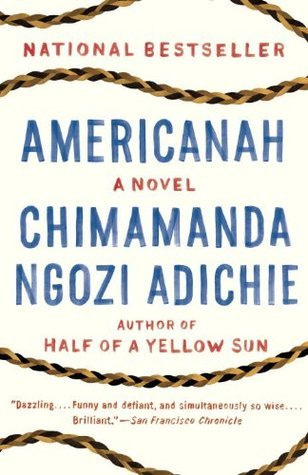


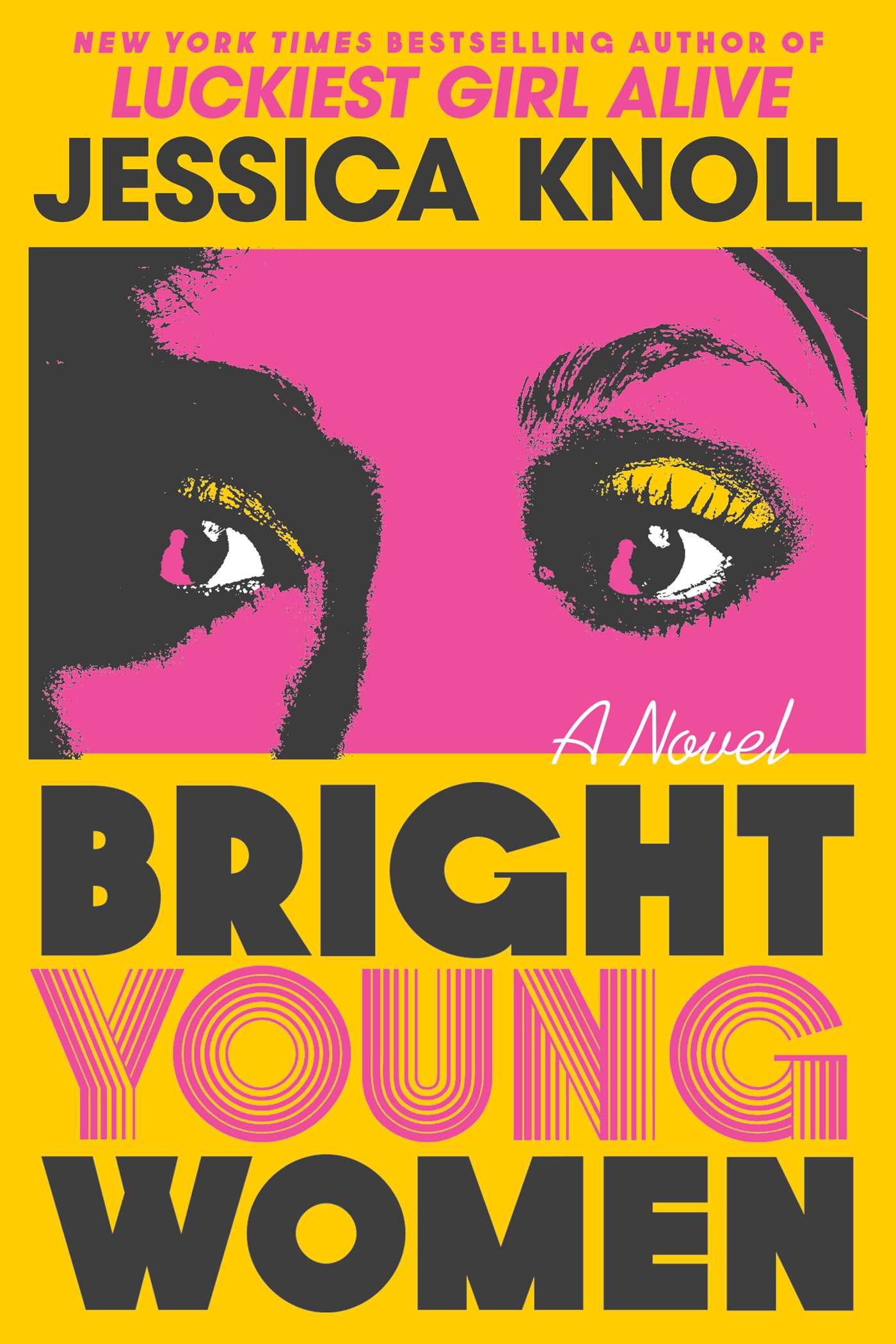
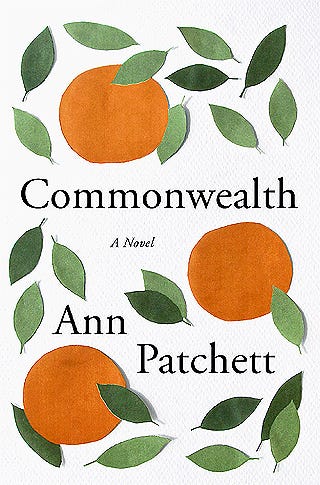
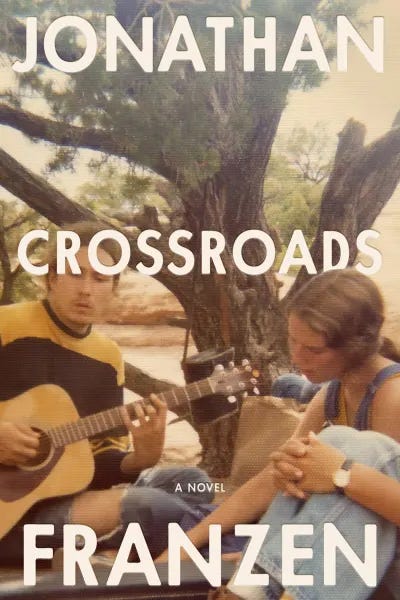
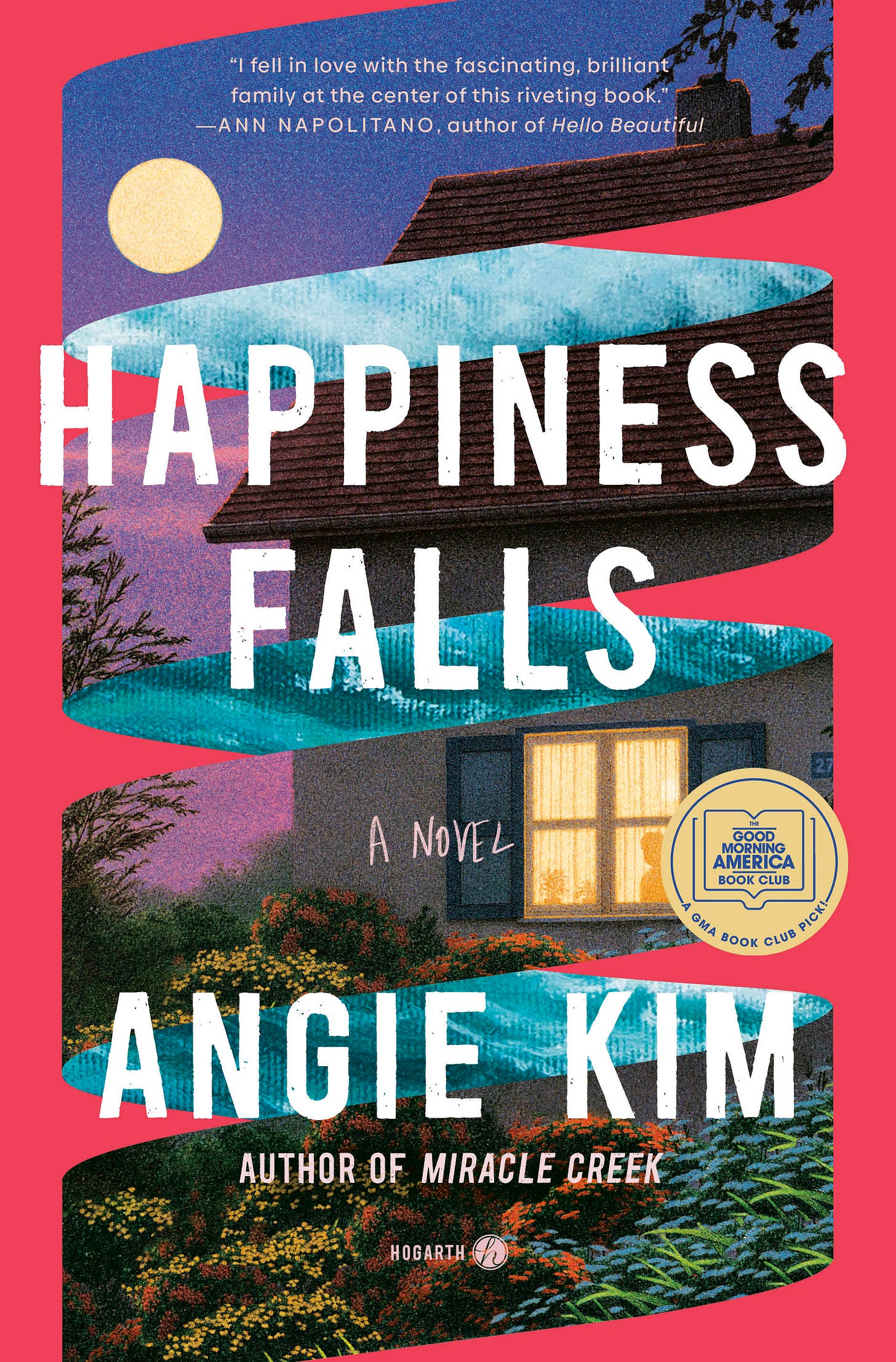
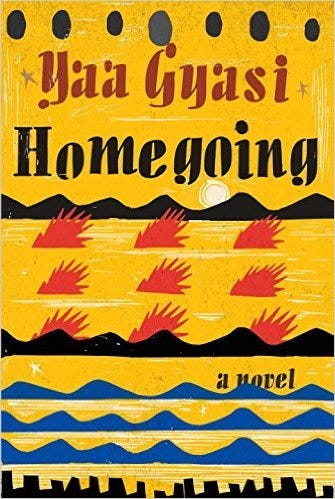

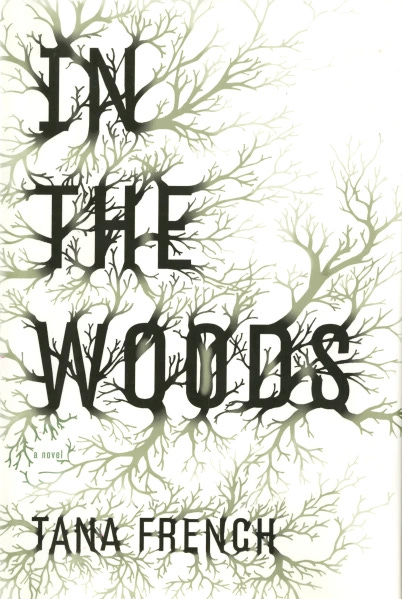

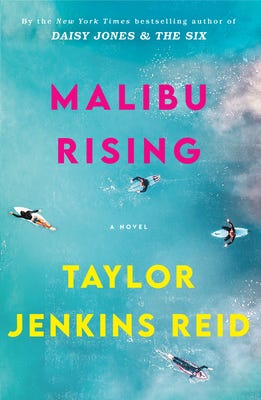
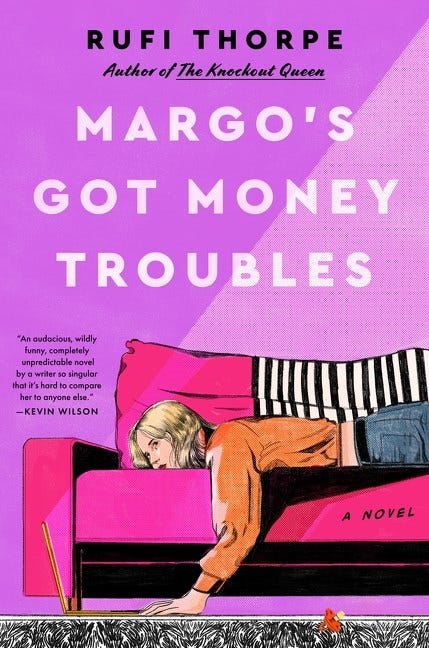
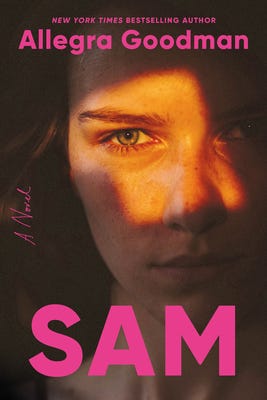
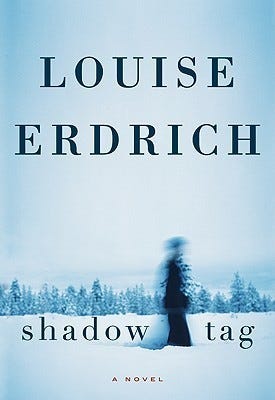


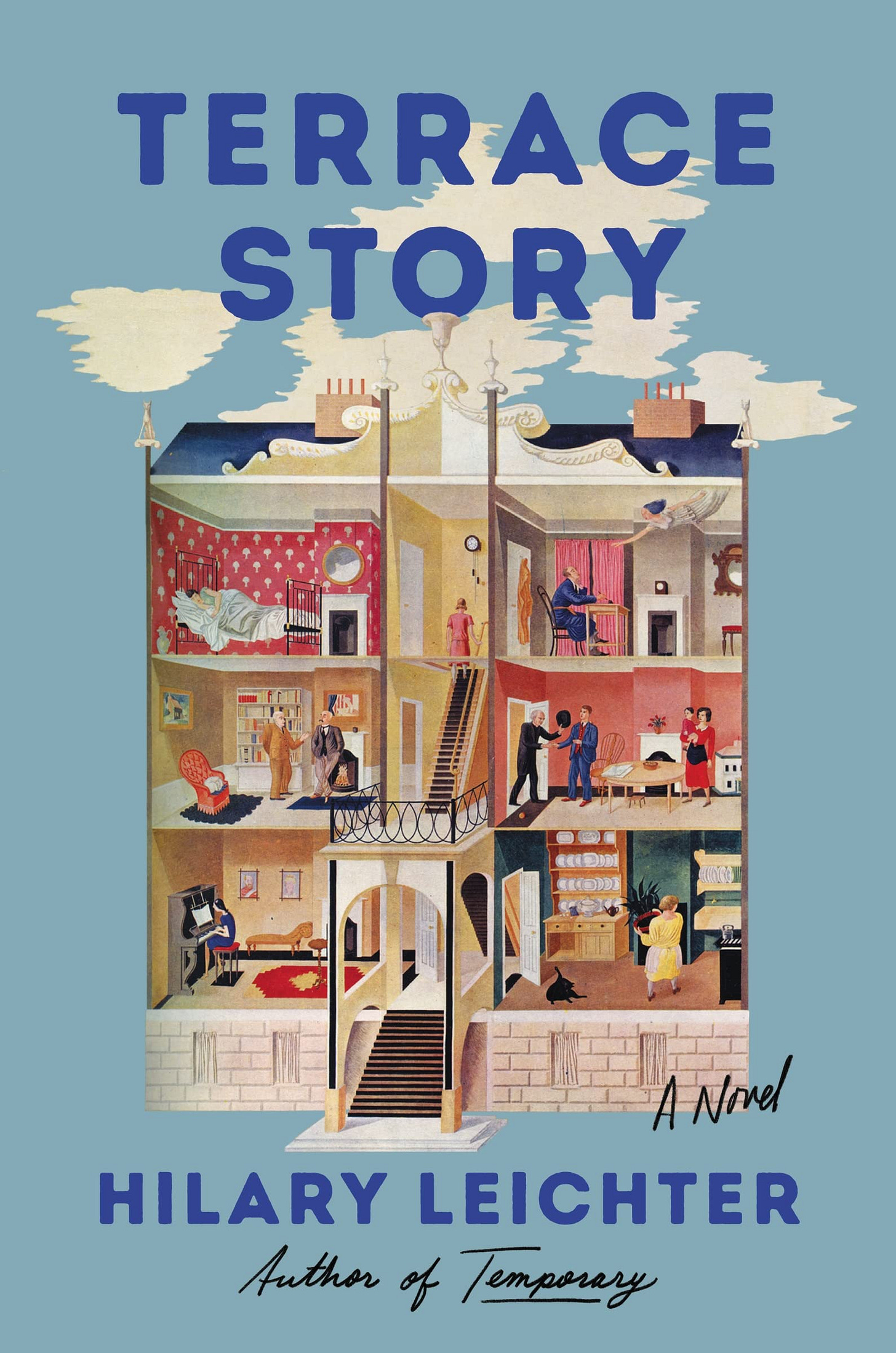
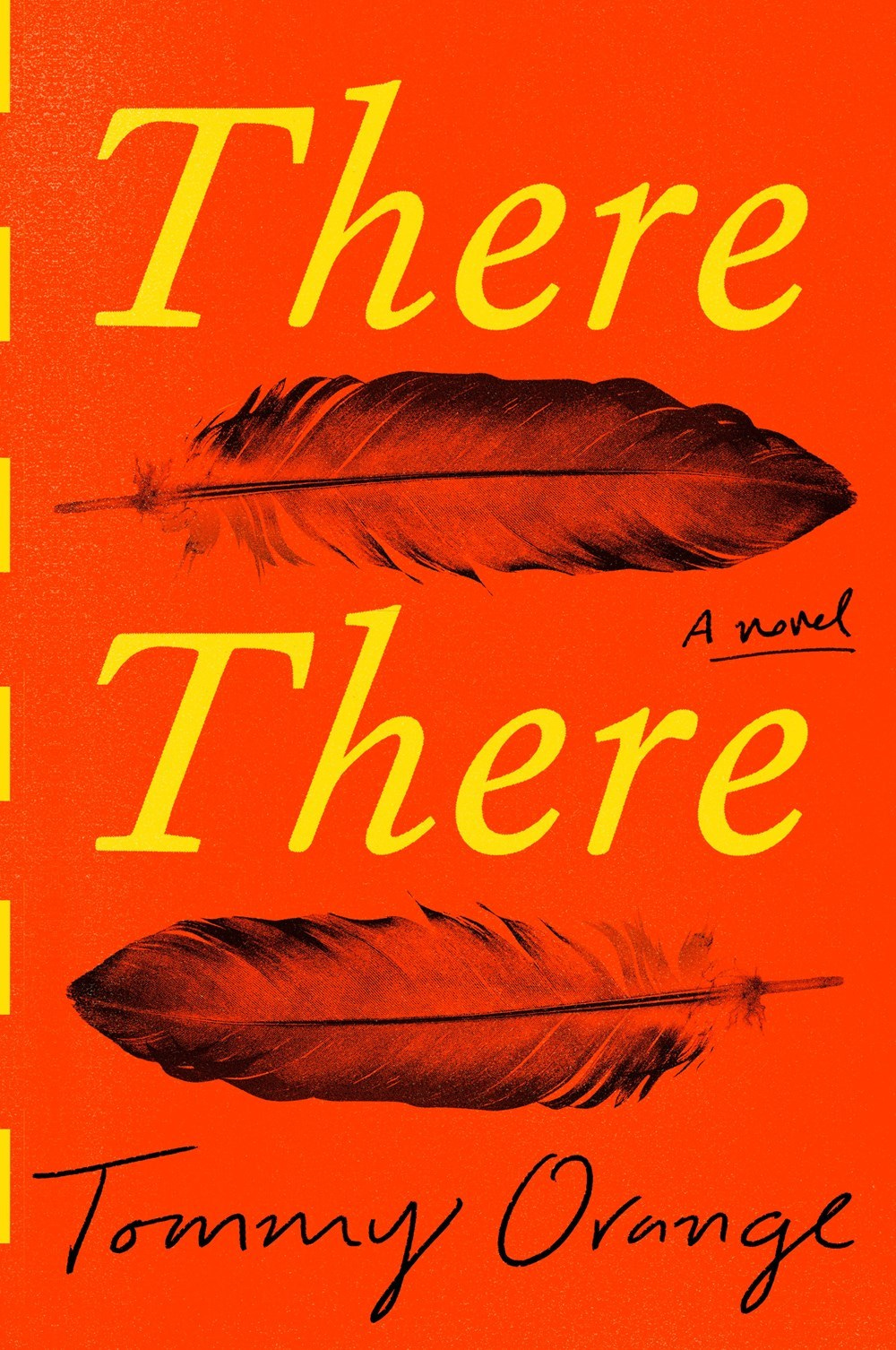


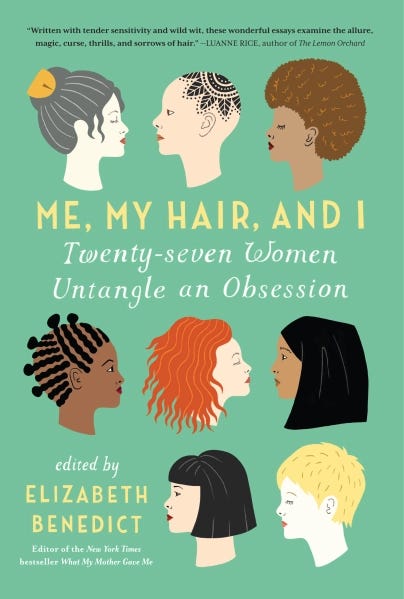
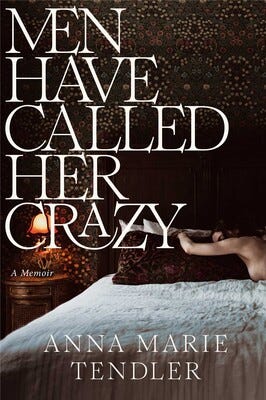

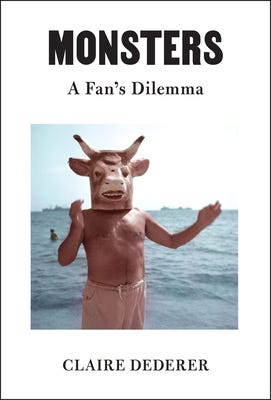
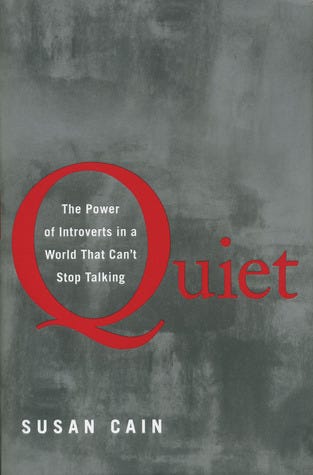
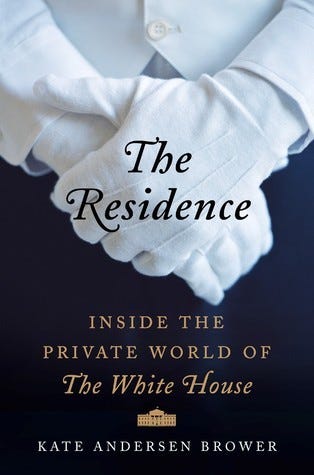
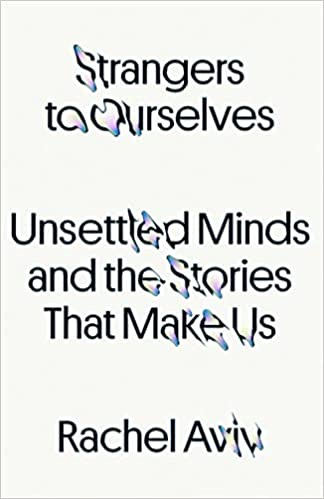
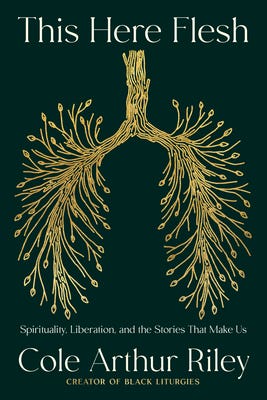
My TBR list keeps growing!
An excellent list!